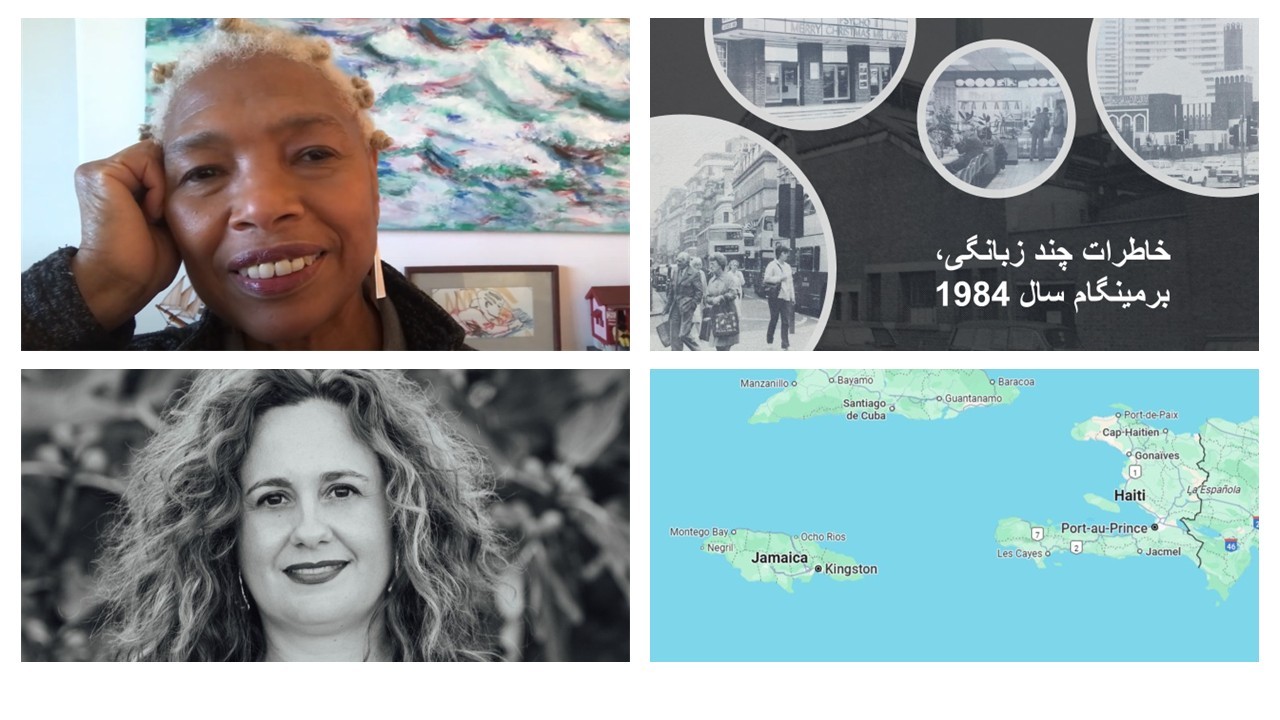CIALL Round-up: 2024-25
The Collaborative Interdisciplinary and Applied Linguistic Links project (CIALL) recorded its most productive year yet in the 2024-25 academic session, thanks to support from the Scottish Funding Council. The report below summarises the year’s achievements.

Rich Gaelic community video ethnography work continued and developed in the Hebrides, principally in North and South Uist. This included further work on the links between language use and wellbeing through continued partnership with Comann Eachdraidh Uibhist a Tuath (North Uist Historical Society) and Aberdeen University, culminating in a fully recorded conference (available on the Island Voices website) with input from academic and community partners, as well as Scottish Government representation through the Deputy First Minister.
Video exploration of the South Uist built heritage continued, and a new field of social enquiry was opened, exploring Gaelic aspects of the lives of adoptees into the community from mainland care settings. At the same time the Gaelic diaspora experience was also probed further through the Island Voices “Extensions” mechanism, with in-depth recording with a prominent Edinburgh-based writer. All of this material was additionally supplemented with various technical supports to ease access for learners and non-speakers, and feed into linked programmes such as the Glasgow-led LEACAN initiative and Edinburgh’s work on Automatic Speech Recognition and related AI developments.
Other new Extensions projects this year were a video ethnography of the life and work of the London-born National Poet for Wales 2016-22, primarily in Welsh but with the documentary introduction made available in other languages, and a series of multilingual recordings focussing on community language development in Birmingham over the past 40 years, with Gaelic versions created for both. Collaborating partners in these areas included the Dictionary of Welsh Biography Diversity Project, South and City College Birmingham, and the National Association for the Teaching of English and Community Languages to Adults.
At the same time, further work and links were developed from the previous year’s Extensions projects, in relation to Maltese (with online linkage to a Malta-based ethnographic resource bank) and diasporic Jamaican language interests in particular (including a video launch and community discussion held in Barmouth, North Wales, with a Welsh-speaking chair). As a result, and due to the “multiplier effect” afforded by the Island Voices language capture and curation model, considerably higher quantities of similarly technically supported recordings for other languages were created than originally targeted. In addition to Irish, Welsh and other planned for languages, new materials were also created as other expressions of interest came in, for example for Brazilian Portuguese, Caribbean Creoles, Farsi, and Catalan.
The rapid increase in materials production naturally led to a corresponding increased frequency of online dissemination activities through the LSI news page and Island Voices blog and YouTube channel, which has proven online reach, in line with the critical need to optimise community engagement at all stages of research and resource-development. Publication through traditional academic channels also proceeded alongside, with one journal article and one book chapter from the CIALL manager in this reporting period.